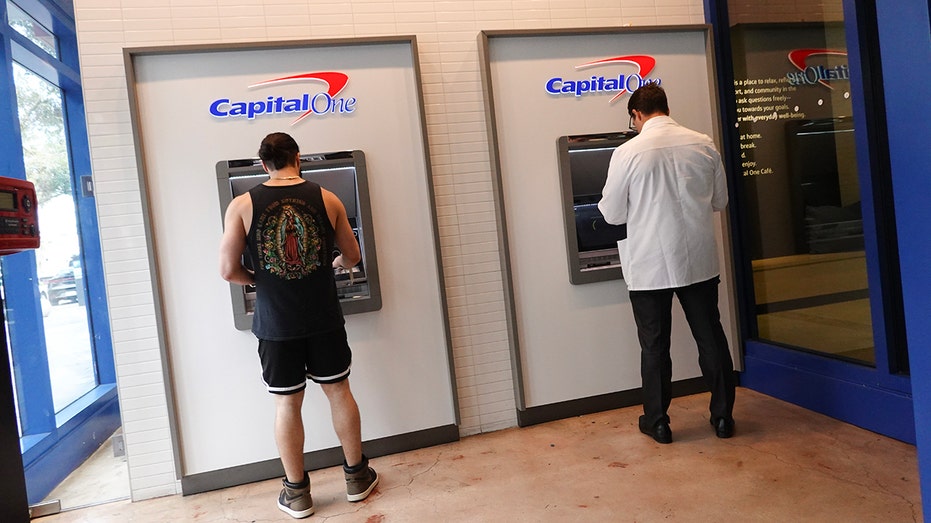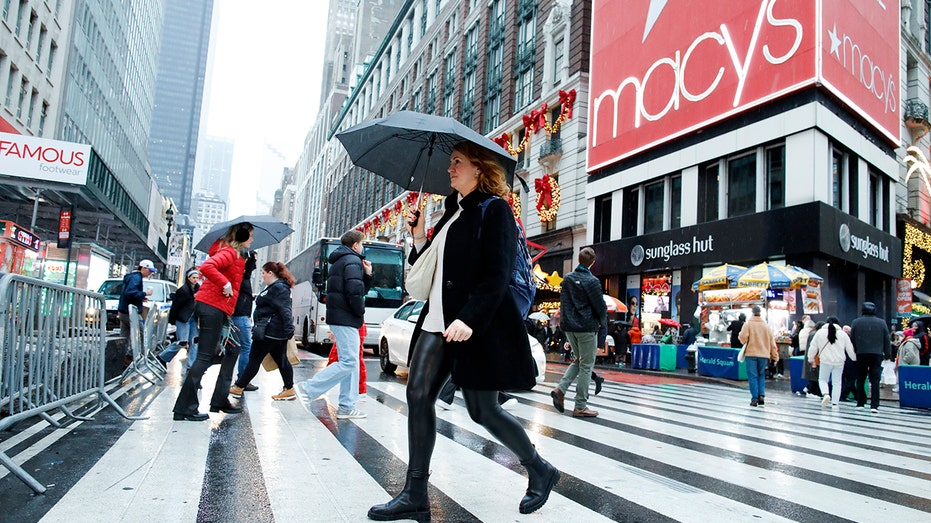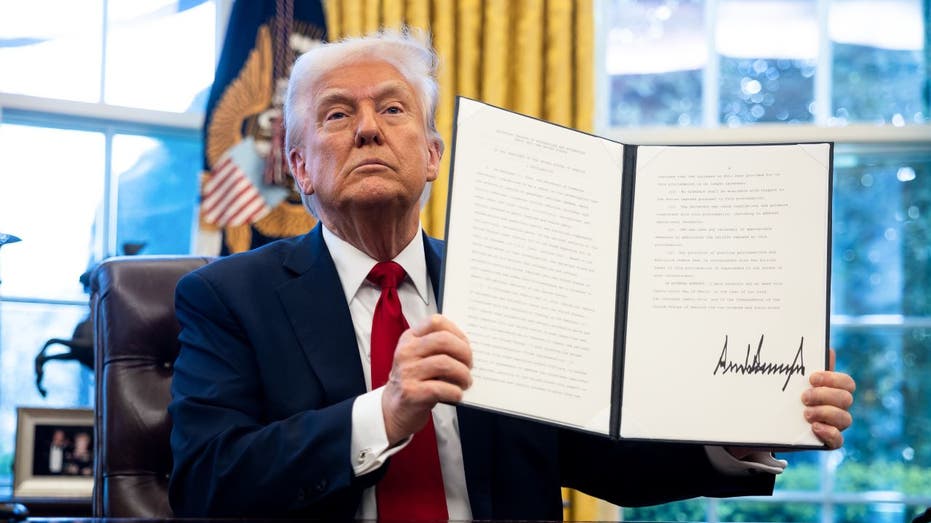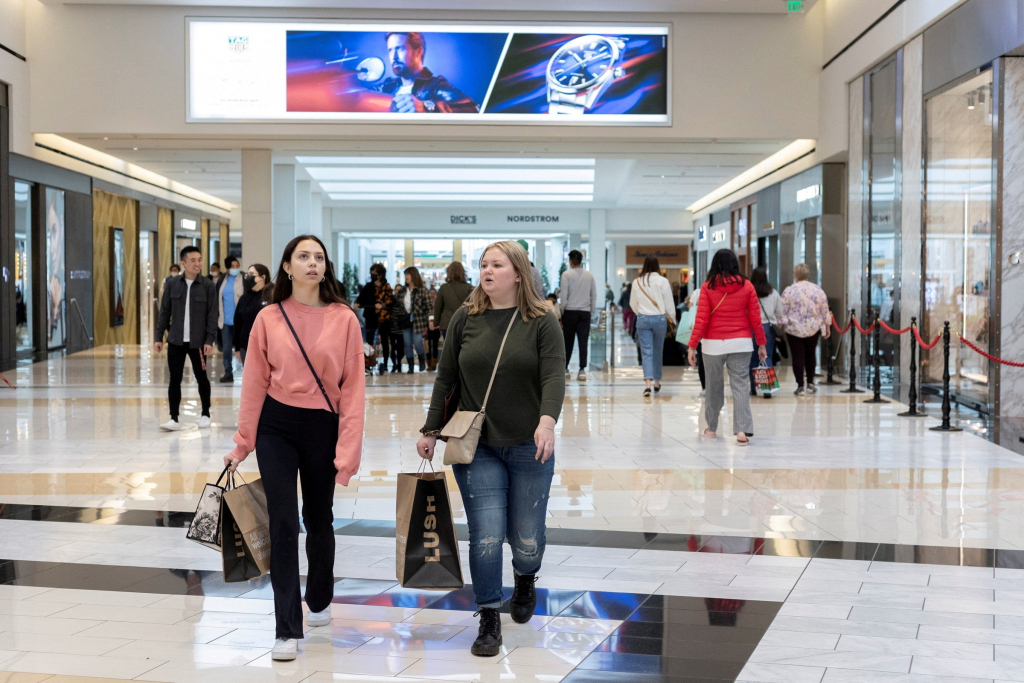During Capital One’s quarterly earnings call on Tuesday, CEO Richard Fairbank provided insights into the resilience of American consumers amid ongoing market anxieties related to tariffs announced by the Trump administration.
Responding to an analyst’s inquiry, Fairbank emphasized that the U.S. consumer continues to be “a source of strength in the economy,” a sentiment he asserted is validated by numerous metrics.

“Consumer debt serving burdens remain stable near pre-pandemic levels,” Fairbank noted. He highlighted improvement within the credit card portfolio, pointing out enhanced delinquency rates and lower rates of new delinquencies, with year-over-year payment rates also showing positive trends.
CONSUMERS’ SHORT-TERM ECONOMIC EXPECTATIONS FALL TO LOWEST LEVEL IN 12 YEARS, TRIGGER RECESSION WARNING
Despite some consumers facing pressure due to inflation and rising interest rates, Fairbank maintained a cautious optimism about the overall health of the American consumer. He explicitly mentioned that while a larger proportion of customers are making only minimum payments on their credit cards—an indication of financial strain—this remained a manageable situation.
Regarding revolving credit rates, Fairbank said they have stabilized over the past year but continue to be lower than pre-pandemic levels in key categories, which he characterized as a positive sign.
Fairbank further elaborated on spending patterns observed during the first quarter. “Spending trends remained relatively stable through the end of the quarter,” he explained to analysts and investors. “Recently, we have observed an uptick in spending growth per customer compared to the same period last year across various customer segments.”

He attributed some of this growth to the timing of Easter this year, which saw a later date than previous years. “We’ve also noticed an increase in retail spending, particularly in electronics, over the past few weeks,” he noted.
GET Finance Newso BUSINESS ON THE GO BY CLICKING HERE
Fairbank indicated that this boost in spending could stem from consumers responding preemptively to tariff concerns, although he stated it was too early to draw definitive conclusions.
On the flip side, growth in travel and entertainment spending, particularly airfare, has shown signs of slowing, according to Fairbank. He observed, “It’s still early, but preliminary industry data suggests a potential uptick in auto purchases as consumers may be trying to act before tariffs take effect. We are also watching our application and origination volumes closely.” He added that there are early signs of auction prices rising beyond seasonal averages, which could indicate shifts in consumer behavior.
Last month, President Trump announced a 25% tariff on imported passenger vehicles and light trucks, along with a similar levy on specific auto parts imports, signaling potential changes in the automotive market.
TRUMP’S TARIFFS ARE PUTTING CONSUMERS AND BUSINESSES IN A BIND, TECH ASSOCIATION WARNS
These tariffs, which took effect on April 3, are expected to impact consumers in various sectors. The tariff on auto parts is scheduled to be implemented next month.

In a related development, earlier this month, Trump announced a temporary 90-day suspension of reciprocal tariffs, opting instead for a 10% tariff on countries that did not impose retaliatory measures against the U.S. He also lifted tariffs on Chinese goods to 145%.


























